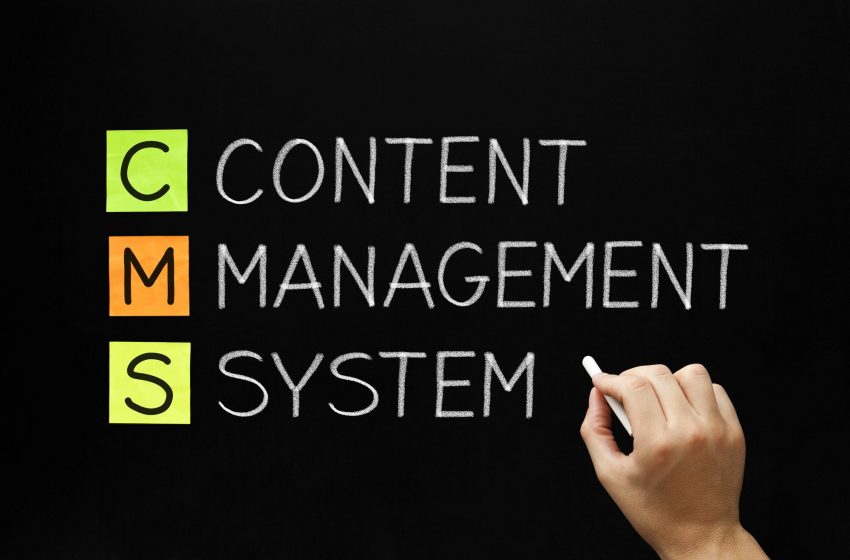
What Is Content Management: A Beginner’s Guide
Are you finding it difficult to keep up with the amount of content on your website?
If your answer is yes, content management is something that you need to look into. Content management keeps your website up-to-date and serves your needs.
Because of the content management systems, about 43.6% are custom-built websites according to their business needs.
Once you know the ins and outs of content management, you’ll find that your website serves you. Instead of you having to work hard to update your website, it will do it for you.
But what is content management? This beginner’s guide has everything you need to know.
Content Management Definition
Content management system also known as CMS is the process of administering and managing digital content. It includes tasks such as creating, editing, organizing, and maintaining content.
CMS has three parts: a content management application (CMA), a content delivery application (CDA), and a repository.
Users can use the interface to add, edit, and remove content. The CDA takes the content from the CMA and presents it to users in a way that is easy to read and navigate. The repository is the storage of the content.
Different Types of CMS
Here are the content management examples and types: web CMS, enterprise CMS, and digital asset management (DAM) systems. Web CMS creates and manages websites while organizations used Enterprise CMS to manage their internal content. This includes documents, employee records, and customer data.
DAM systems are used to store and manage digital assets, such as images, videos, and audio files. These make it easy to create and manage content.
They also provide a way to control who can access and edit the content, as well as track changes and versions.
Selecting the Right CMS
It can be difficult to select the right CMS for your needs. To select the right CMS for your needs, you will need to consider the following factors: The size and complexity of your website must be on your list in the selection.
Also, consider the amount of content you need to manage.
You must also determine the level of control you need over your content. Finally, the budget you have for a CMS must be determined as well.
If you have a small website with only a few pages of content, you may not need a CMS at all. A simple HTML website will suffice. But, if you have a large website with many pages and complex content, you will need a CMS to manage it effectively.
These CMSs will work best if paired with FreeUp virtual assistants. They are guaranteed to have excellent content management skills that will surely meet your specific needs.
Content Management Benefits
Content management can help businesses with their digital marketing. It can save time and money, improve efficiency, and better manage their content. It can help improve the quality of your content by tracking who handles each piece of content.
This also ensures that content is reviewed and updated regularly. Using a CMS saves time and improves efficiency by automating tasks such as content creation, approvals, and publishing.
Learning What Is Content Management
Knowing what is content management must be in the minds of those who want to start a business. This is an important process for any business that wants to ensure that its content is well-organized, accessible, and useful.
By following a few key principles, businesses can develop a content management strategy that will help them meet their goals.
If you want to know more, check out more interesting articles on our website!
